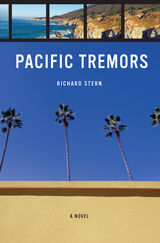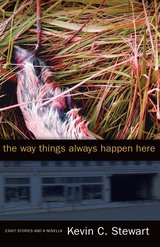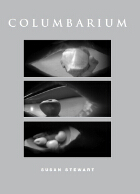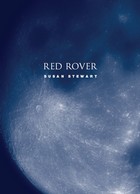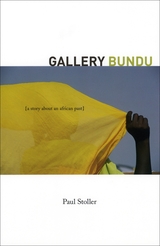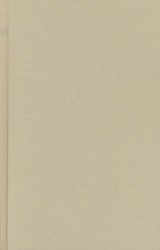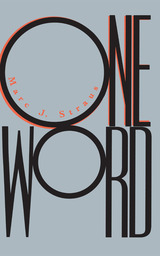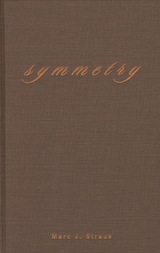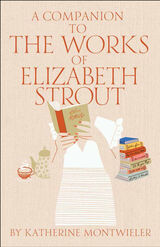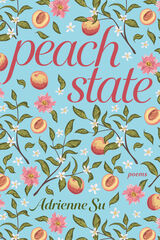Jaguar: A Story of Africans in America
University of Chicago Press, 1999
Cloth: 978-0-226-77527-2 | Paper: 978-0-226-77528-9
Library of Congress Classification PS3569.T62277J34 1999
Dewey Decimal Classification 813.54
Cloth: 978-0-226-77527-2 | Paper: 978-0-226-77528-9
Library of Congress Classification PS3569.T62277J34 1999
Dewey Decimal Classification 813.54
ABOUT THIS BOOK
ABOUT THIS BOOK
Issa Boureima is a young, hip African street vendor who sells knock-off designer bags and hats in an open-air market on 125th street in Harlem. His goal is to become a "Jaguar"—a West African term for a keen entrepreneur able to spot trends and turn a profit in any marketplace. This dynamic world, largely invisible to mainstream culture, is the backdrop of this timely novel.
Faced with economic hardship in Africa, Issa has left his home in Niger and his new wife, Khadija, to seek his fortune in America. Devout Muslims, the couple has entered into a "modern" marriage: Khadija is permitted to run her own business, and Issa has agreed not to take additional wives. Issa quickly adapts to his new surroundings, however, and soon attracts several girlfriends. Aided by a network of immigrants, he easily slips through gaps in the "system" and extends his stay in America indefinitely. Following a circuit of African-American cultural festivals across America, he marvels at African-Americans' attitudes toward Africa, and wonders if he'll ever return to Niger. Meanwhile, Khadija also struggles to make it—to become a "Jaguar"—as she combats loneliness, hostile in-laws, and a traditional, male-dominated society. The eventual success of her dry goods shop and her growing affection for a helpful Arab merchant make her wonder if she'll ever join Issa in America.
Drawing on his own decades of experience among Africans both in Niger and in New York, Paul Stoller offers enormous insight into the complexities of contemporary Africa. Alive with detail, Jaguar is a story of triumph and disappointment, of dislocation and longing, and of life lived in a world that no longer recognizes boundaries.
Faced with economic hardship in Africa, Issa has left his home in Niger and his new wife, Khadija, to seek his fortune in America. Devout Muslims, the couple has entered into a "modern" marriage: Khadija is permitted to run her own business, and Issa has agreed not to take additional wives. Issa quickly adapts to his new surroundings, however, and soon attracts several girlfriends. Aided by a network of immigrants, he easily slips through gaps in the "system" and extends his stay in America indefinitely. Following a circuit of African-American cultural festivals across America, he marvels at African-Americans' attitudes toward Africa, and wonders if he'll ever return to Niger. Meanwhile, Khadija also struggles to make it—to become a "Jaguar"—as she combats loneliness, hostile in-laws, and a traditional, male-dominated society. The eventual success of her dry goods shop and her growing affection for a helpful Arab merchant make her wonder if she'll ever join Issa in America.
Drawing on his own decades of experience among Africans both in Niger and in New York, Paul Stoller offers enormous insight into the complexities of contemporary Africa. Alive with detail, Jaguar is a story of triumph and disappointment, of dislocation and longing, and of life lived in a world that no longer recognizes boundaries.
See other books on: Africans | Jaguar | New York (N.Y.) | Songhai (African people) | Stoller, Paul
See other titles from University of Chicago Press


